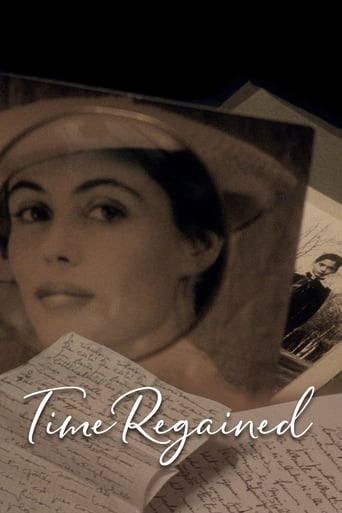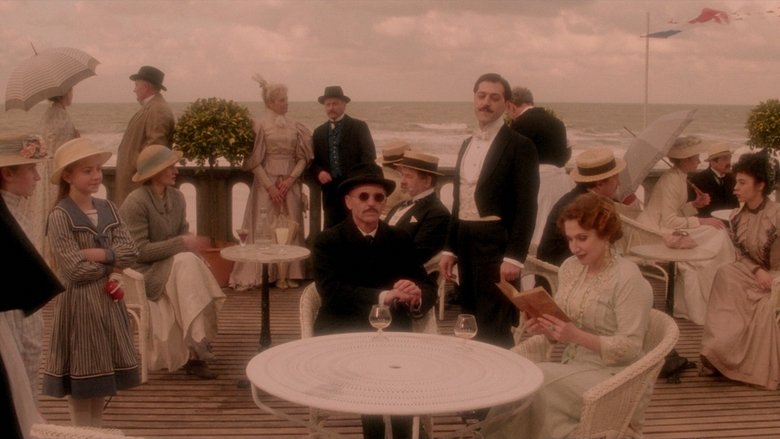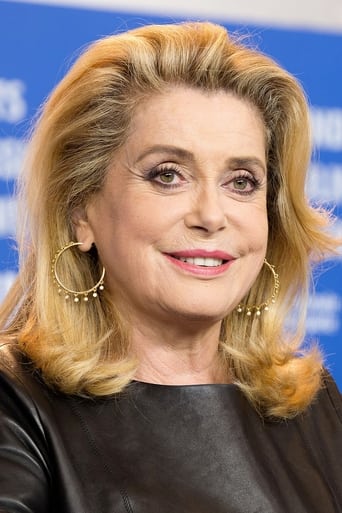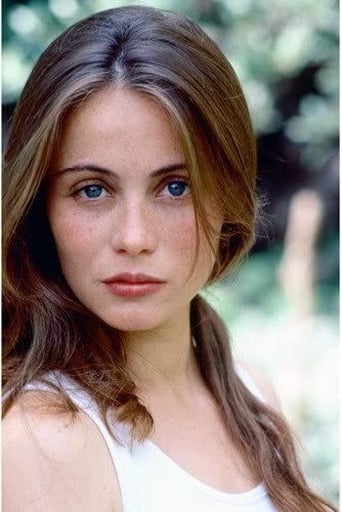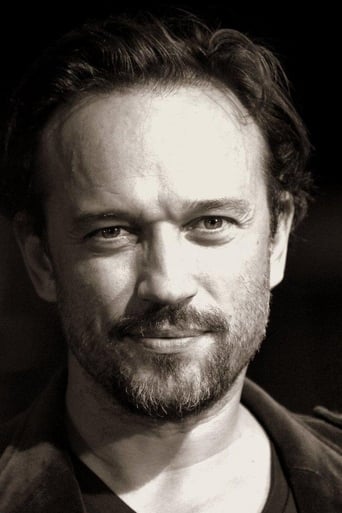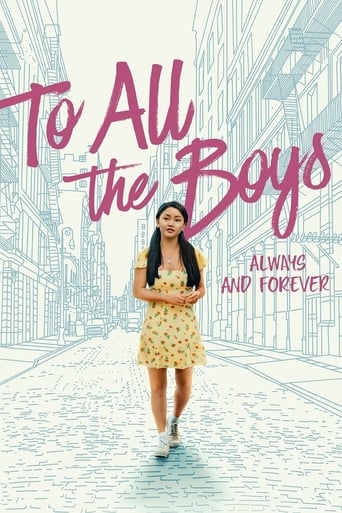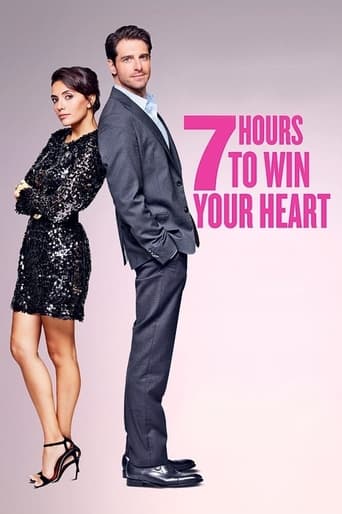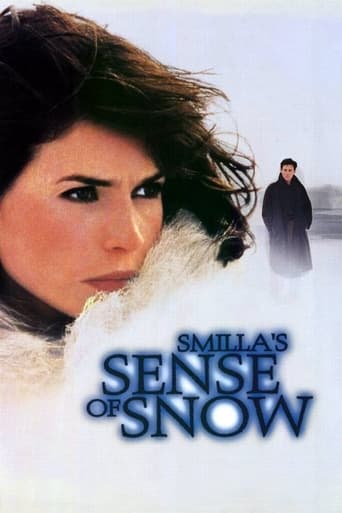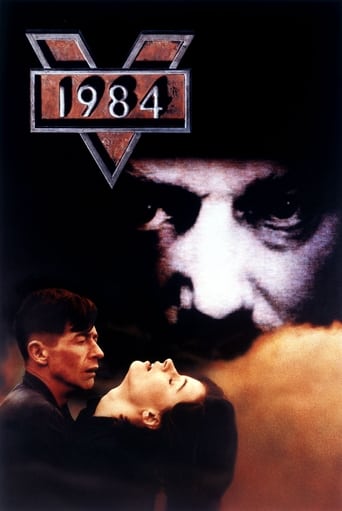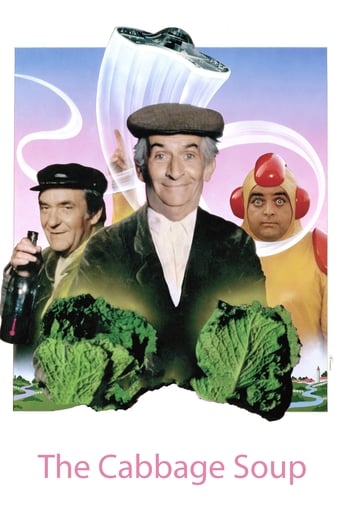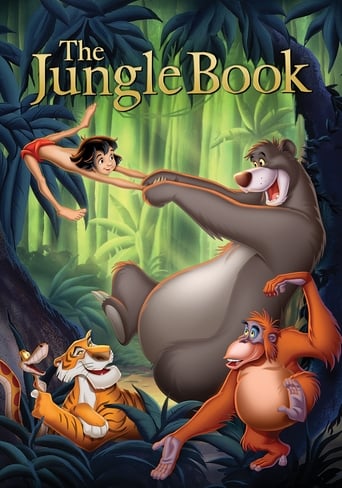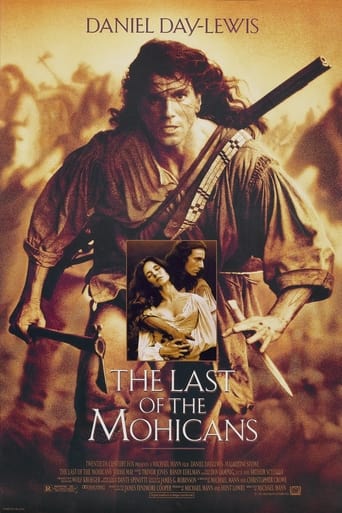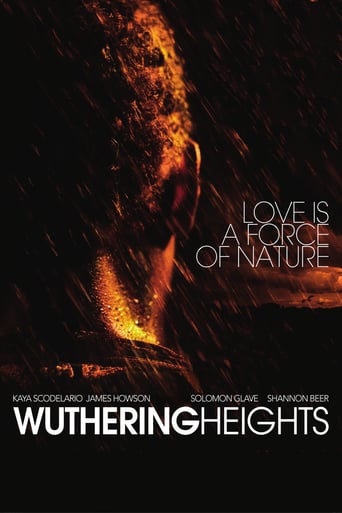Time Regained (1999)
Marcel Proust (1871–1922) is on his deathbed. Looking at photographs brings memories of his childhood, his youth, his lovers, and the way the Great War put an end to a stratum of society. His memories are in no particular order, they move back and forth in time. Marcel at various ages interacts with Odette, with the beautiful Gilberte and her doomed husband, with the pleasure-seeking Baron de Charlus, with Marcel’s lover Albertine, and with others; present also in memory are Marcel’s beloved mother and grandmother. It seems as if to live is to remember and to capture memories is to create a work of great art. The memories parallel the final volume of Proust’s novel.
Watch Trailer
Cast


Similar titles
Reviews
Although it has its amusing moments, in eneral the plot does not convince.
Clever, believable, and super fun to watch. It totally has replay value.
what a terribly boring film. I'm sorry but this is absolutely not deserving of best picture and will be forgotten quickly. Entertaining and engaging cinema? No. Nothing performances with flat faces and mistaking silence for subtlety.
A clunky actioner with a handful of cool moments.
Chilean screenwriter, producer, teacher and director Raúl Ruiz' 51st feature film which he co-wrote with French screenwriter Gilles Taurand is an adaptation of the seventh and final volume of the novel "Remembrance of Things Past" by French author, essayist and critic Marcel Proust (1871-1922), which was published between 1913 and 1927. It premiered In competition at the 52nd Cannes Film Festival in 1999, was shot on location in Paris, France and is a France-Italy-Portugal co-production which was produced by Portuguese producer Paulo Branco. It tells the story about an anonymous man whom whilst on his deathbed in the home of his friend Gilberte, begins to think about the time when he had just been released from a sanatorium and was a young aspiring writer during the First World War in Paris, France.Distinctly and precisely directed by filmmaker Raúl Ruiz (1941-2011), this quiet and somewhat surreal period piece which is narrated by French producer, actor and filmmaker Patrice Chéreau and from multiple viewpoints, draws a reflective and incisive portrayal of an early 20th century writer's internal odyssey through his memories during the last hours before his death. While notable for its colorful milieu depictions, the exquisite production design by production designer Bruno Beaugé, cinematography by Argentine cinematographer Ricardo Aranovich, costume design by French costume designer Caroline de Vivaise and Italian costume designer Gabriella Pescucci and the fine film editing by French film editor Denise de Casabianca, this dialog-driven and at times humorous story, depicts an insightful study of character and contains a great and timely score by composer Jorge Arrigada.This poignantly atmospheric and finely paced drama about an introspective man's relationship to the world that surrounds him, the women he as befriended or had relations with, his memories and time in itself, contains an efficient score by Chilean composer Jorge Arrigada, an array of variegated characters and is impelled and reinforced by its fragmented narrative structure and the reverent acting performances by Italian actor Marcello Mazzarella, American producer, actor and director John Malkovich, French actress Emmanuelle Béart, French actor Pascal Greggory, French screenwriter, actress and director Marie-France Pisier (1944-2011), Swiss actor Vincent Perez and French actress and singer Chiara Mastroianni. A romantic, detailed and picturesque independent film which gained the award for Best Cinematography Ricardo Aranovich at the Ourense International Independent Film Festival in Spain, 1999.
This is a thoughtful and carefully planned cinematic conversion of Proust's A la Recherche du Temps Perdu. It manages to preserve Proust's epicurean oeuvre in producing a film that introduces us to characters and their relationships with others, but layered through the eyes of (I counted four) different-aged Prousts.The chief Proust (not counting Patrice Chereau's narrator) is played brilliantly by Marcello Mazzarella - I thought of Adrian Brody posing for a three hour long portrait. The satellite characters closest in his conscious orbit are all competently taken by a mixture of A-list and never-heard-of, although I'd like to speak up for Pascal Gregory's colourful Saint-Loup and... John Malkovich's Charlus. I still can't come to love this actor, although his inscrutably cold style seems appropriate in this company and project. His one overacted scene is a clumsily overdubbed, single take sequence, so he probably thought it would be cut anyway.Accolades - and, I'm afraid the responsibility for the inconsistency of the film - rest at the door of Ruiz though. I was drawn to his light touch with the resurgent melancholy as Proust looks back on his life (Istvan Szabo manages a similar balance between weight and momentum in the contemporaneous Sunshine, but with a linear, rather than collage approach). The period observation is excellent, and the surreal episodes which are either smeared across the detail or bloom from it do not sink the film with their pretensions. However, the sense of structure, which takes time to emerge, is dealt a death blow with a half hour-overlong coda. In my ignorance, I suspect that this is an attempt to be faithful to the book. But it's unnecessary, and fatally oversaturates a beautifully delivered, if not compelling conceit. 5/10
TIME REGAINED (Fr., dir. Raul Ruiz, 165 min.) doesn't even pretend to stand on its own; is an homage useless and unintelligible to anyone who hasn't read and remembered Remembrance of Things Past. Having digested only the first 2 of the 7 novels which comprise this opus, and this long enough ago to have allowed memory of them to deteriorate, I confess much of the film remained beyond me. But even with the book as scorecard, the film functions as hardly more than a metasoap opera, a costume pageant of the book's characters who parade by, talk and walk, without ever coming to life. Nothing much happens onscreen; the movie is practically void of action. Despite impeccable staging, it consists largely of one conversation after another, endless scenes of dinners, lunches, social gatherings, etc., in which people dispassionately discuss events and relationships that have already transpired elsewhere. To make up for this, Ruiz moves furniture about, has near and far fields migrate disjointedly in opposite directions, litters the screen with symbols and leitmotivs, and mingles different times in the same frame, so that, like Bruce Willis in Disney's Kid, Proust observes, is observed by, and even converses with his younger self. Scenes shift so fluidly back and forth through time that one easily gets lost, disoriented, unless thoroughly familiar with the book. The movie fails, has to fail, because of the impossibility of translating the book to film. The book is too introverted, too subjective, too fundamentally static and multilayered. Cinema-time is linear and dynamic; even though it can create the illusion of multiple things happening at once, it is restricted to a sequence of events, actions, happening one after another, one at a time, all of which are, above all, visual, graphic, right there before your eyes. The novel, however, layers the past on the present so that the two effectively coexist, are simultaneous; and delves into subjective states and ideas, interweaves mood, reminiscence, and philosophizing inseparably with place and person. The subject of time and memory, as elusive and evocative as it is on the page, is near nigh impossible to get hold of with film, that most literal and physical of mediums. It's like trying to photograph the passage of mist, of fog--all you see is a mess of grey. The movie also fails because it can only gloss the myriad details with which the novels slowly, deliberately mount their magnificent edifice. In the end, all you get here is a rushed visit, a mad dash through a museum of images, a disordered travelogue of the psyche.
I got to see this film in London, and went not expecting much. Amazing, then-- this film could appear in a "Masterpiece Theater" format, afloat as it is in voluptuous costumes, spectacular food, beautiful interiors, gossiping grand dames-- the stuff that makes one keep going back to period costume dramas, hoping to find one this complex and piquant. Its swarming cast of characters have an almost symphonic density, and in the final soiree, in which the violin sonata that defines "Swann's Way", a viewer welcomes each face as it approaches the narrator/camera. A beautiful earlier scene, in which the Proust-character encounters a deranged Baron Charlus (John Malkovich) in the driveway of a spa moves its extended tracking shot in and out of shadows and real-light, and as Ruiz goes on risking lighting-difficulties and getting away with it, you realize this is one lucky movie.

